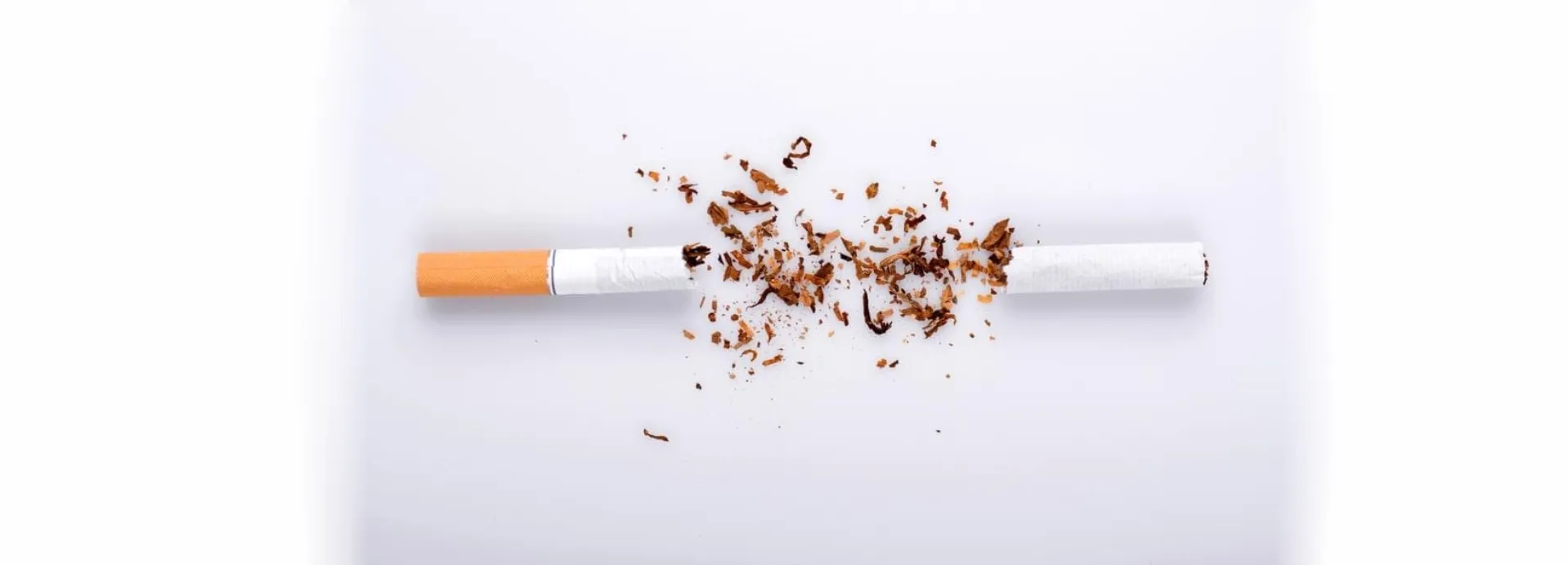Why you need to quit smoking after cosmetic surgery
Tobacco doesn’t just harm your overall health: it can also ruin the outcome of cosmetic surgery. Smoking after an operation increases the risk of complications, delays healing, and compromises the quality of the final result.
In this article, we explain with medical evidence why you should avoid tobacco and nicotine in all its forms after surgery, and how it can affect your recovery.
How smoking affects the body after surgery
when you smoke, nicotine and other toxic substances enter the bloodstream and cause:
- Vasoconstriction: blood vessels contract, reducing blood flow to the tissues.
- Lower oxygen supply: less oxygen and nutrients reach the skin and the operated areas.
- Weakened defenses: the immune system is compromised, increasing the likelihood of infections.
- Oxidative stress: inflammation increases and the body’s natural mechanisms of cellular repair slow down.
After surgery, the body needs an optimal supply of oxygen and nutrients to regenerate tissues. smoking cuts off this supply precisely when you need it the most.
Risks of smoking after cosmetic surgery
Smoking after an operation can lead to serious complications, including:
- Slow and poor healing: wounds take longer to close and may leave visible or uneven scars.
- Tissue necrosis: tissues deprived of oxygen can die, creating wounds that are difficult to treat.
- Infections: the body’s weakened defenses increase the risk of post-surgical infections.
- Respiratory problems: smoke irritates the airways, complicating anesthesia and recovery.
- Compromised results: the outcome of surgery can be permanently damaged, sometimes requiring additional procedures or corrections.
In cosmetic surgeries where blood supply is especially critical (such as facelifts, abdominoplasty, liposuction or implants), smoking significantly multiplies the risk of complications.
How long should you quit smoking before and after surgery?
Most specialists agree it is essential to stop smoking at least 4 to 6 weeks before and after surgery.
This includes all forms of nicotine:
- Traditional cigarettes
- Vaping devices and e-cigarettes
- Nicotine patches or chewing gums
Even though substitutes may seem less harmful, nicotine still affects blood flow and can delay recovery.
